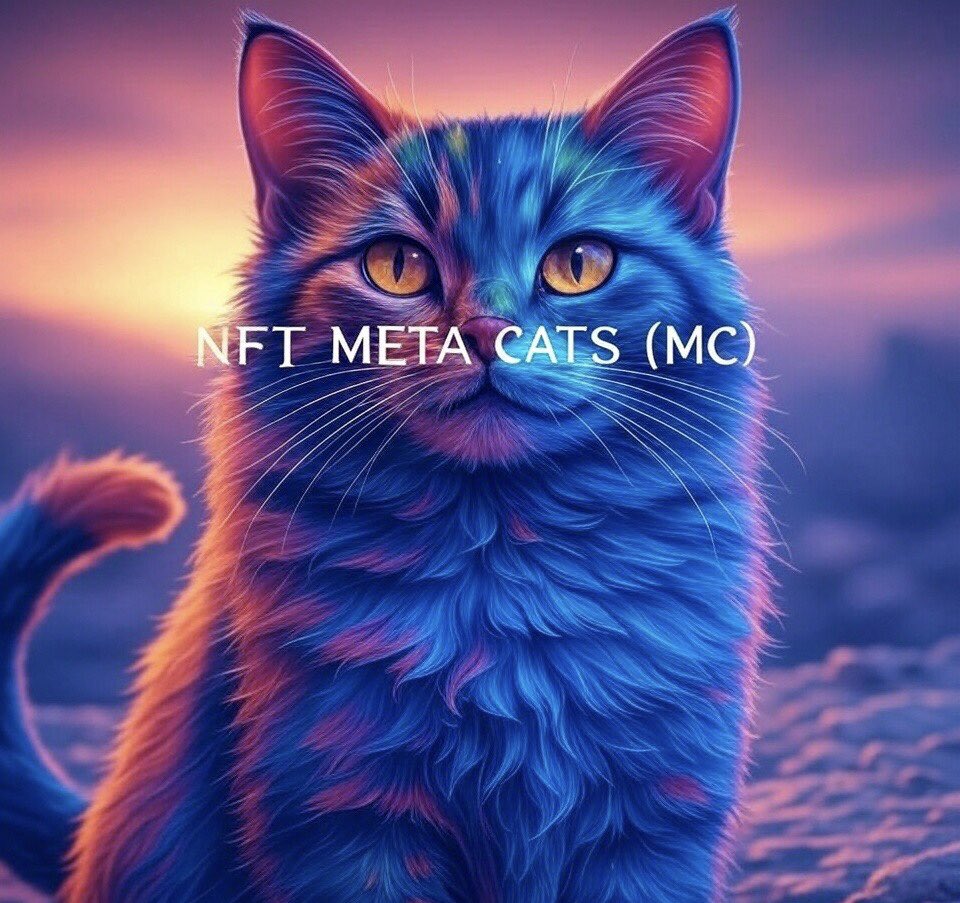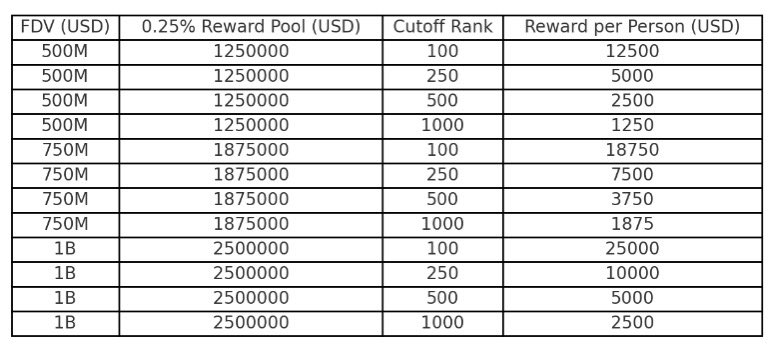Exploring the Influence and Evolution of Artificial Intelligence in 2025
Capturing the Pulse of AI Today
Artificial Intelligence (AI) has long been a transformative force, reshaping industries, workflows, and everyday life. As we reach mid-2025, AI’s scope transcends simple automation or novelty; it embeds itself deeply into decision-making, creativity, and complex problem-solving across sectors. But what exactly is driving this rapid evolution, and where might it lead us next?
AI as an Ecosystem, Not Just a Tool
Gone are the days when AI was a standalone technology performing isolated tasks. Today, AI functions as an integrated ecosystem comprising diverse models, data sets, user interfaces, and domain-specific applications. This ecosystem allows businesses and individuals to customize AI capabilities to unique needs—whether it’s real-time language translation, predictive analytics, or creative content generation.
A key driver behind this shift is modular AI frameworks. Much like how blockchain projects use modular kits to streamline development (as in the case of Laika AI’s tools for DeFi and NFT analytics), AI platforms now offer plug-and-play components. These allow developers to rapidly build, combine, and deploy AI functionalities without starting from scratch every time. This composability accelerates innovation and democratizes AI access, sparking a surge in specialized applications from healthcare diagnosis aids to personalized education tutors.
Navigating Ethical and Social Dimensions
With AI’s increasing ubiquity, ethical and social questions become impossible to ignore. Issues like bias in algorithms, data privacy, and the impact of automation on jobs are front and center in conversations among policymakers, tech creators, and everyday users. The challenge lies in balancing AI’s benefits with safeguarding rights and fairness.
In response, we see emerging AI governance frameworks aiming to instill transparency and accountability. Some platforms embed “explainability” features, helping users understand how AI reaches decisions—a bit like blockchain’s transparent ledger but for algorithmic logic. Such tools foster trust, especially critical in high-stakes areas like finance and healthcare.
Yet, this landscape is also marked by tension. The rapid pace of AI development sometimes outstrips regulation, and different regions approach oversight with varying degrees of strictness. As users, staying informed and engaging with these dialogues is essential because AI shapes not just technology but the fabric of society.
AI’s Role in Creativity and Human Augmentation
One of the most fascinating trends in 2025 is AI’s expanding collaboration with human creativity rather than replacement. Artists, writers, and musicians increasingly use AI to spark ideas, experiment with styles, or even co-create entire works. This partnership reflects a nuanced understanding: AI excels at pattern recognition and data synthesis, while humans bring intuition, emotion, and vision.
In practical terms, AI tools now assist in everything from generating initial story drafts to composing music that adapts dynamically to audience reactions. This evolution challenges traditional notions of authorship and originality, prompting fresh debates on intellectual property and artistic value.
Moreover, AI-powered augmentation enhances human capabilities beyond creativity. In medicine, AI assists surgeons in planning precise operations; in education, it provides personalized learning paths adapting to each student’s pace and style. Such synergy between human and machine points toward a future less about replacement and more about empowerment.
AI in Market Trends and Economic Impact
The integration of AI into business strategies continuously reshapes markets. Companies leveraging AI-driven analytics gain more accurate predictive insights, fine-tune customer experiences, and streamline supply chains. However, this landscape also sees volatility and caution, reminiscent of crypto market sentiments where hype can overshadow fundamentals.
Investors weigh the promise of AI startups with rigorous scrutiny, aware of hype cycles that elevate valuations faster than underlying technologies mature. Regulatory crackdowns, geopolitical tensions around AI leadership, and concerns over data sovereignty further complicate this terrain.
Despite challenges, the economic impact of AI accelerates productivity growth and spurs new job categories focused on AI training, ethics, and maintenance. The demand for AI literacy rises across industries, making lifelong learning a cornerstone of navigating this transformation.
Conclusion: Embracing an Intelligent Future
The narrative of AI in 2025 is one of rapid innovation, cautious optimism, and complex interplay between technology and society. Its evolution from isolated algorithms to integrated, explainable, and collaborative systems marks a profound shift in how we engage with intelligence itself.
For those navigating this domain, whether as creators, users, or observers, the journey calls for both curiosity and critical thinking. It’s about harnessing AI’s power responsibly while embracing its potential to augment human creativity, decision-making, and connection.
In essence, AI doesn’t just change tools or markets—it changes how we understand intelligence, creativity, and ultimately, ourselves in an increasingly digital world. The future promises not just smarter machines but a smarter co-evolution of humans and technology.
—
*All URLs open in new tabs.*





